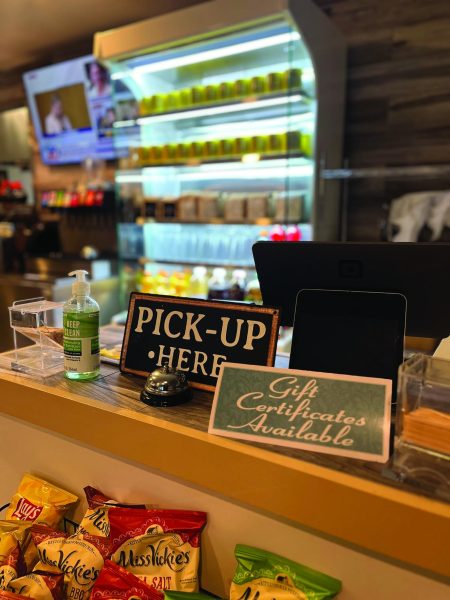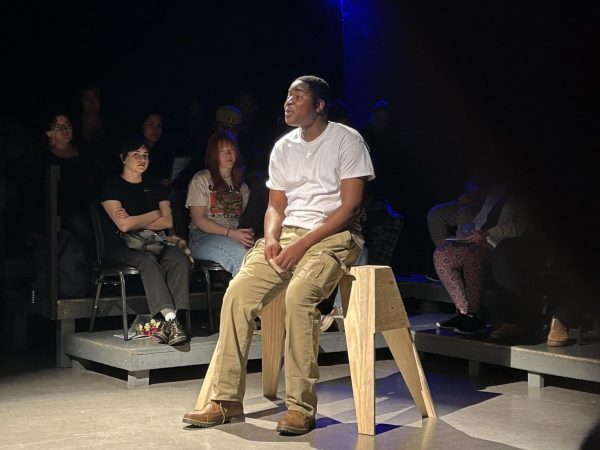Op-ed: Stop victim-shaming sexual abuse survivors
November 1, 2019
Two years ago, the MeToo and Times Up movements catapulted women’s sexual harassment and assault stories to the forefront of social and political activism.
The immeasurable amount of brave women who told their stories created an environment where speaking up isn’t as scary and pointless as it once was because there is comfort and strength in numbers.
But even still, an ignorant question manages to make its way into the conversation when victims come forward and speak out about their experiences: Why didn’t you say anything sooner?
For some reason, women waiting until they are ready and willing to share their traumatic experiences makes them liars.
Because if it really happened, they would file a police report and seek justice at all costs.
While the people I confided in did not doubt that I was sexually harassed, I experienced a response that made me feel much worse.
After revealing the most embarrassing and intrusive thing to ever happen to me, every person I told blamed me for not preventing the perpetrator’s future assault on other girls.
I went from being a victim to a villain. In a split second, I became his accomplice because my silence made me complicit.
These people confirmed my worst fear: It is my fault the inappropriate behavior and cycle of abuse continues because I did not say anything.
But what was I supposed to do?
When Hollywood had its reckoning two years ago and took down some of its most powerful men, rape, non-consensual advancements, and inappropriate comments filled headlines.
I never thought I had a MeToo story until recently because the harassment I experienced was not as forward or overt as what I was seeing on the news and social media.
The behavior I experienced was so sly and subtle, I did not even notice it was going on.
For a long time, I categorized what I experienced as a misunderstanding, an exaggeration, and an experience that was not as serious and important as others.
So what happened?
My former co-worker, at my former place of employment, made comments about my butt and would press his genitals against my backside while squeezing past me.
I thought nothing of it.
When I told him a story about falling onto my butt, and his response was “well it’s a good thing you have a lot of cushion there,” I thought he was trying to be funny by making a joke.
When he didn’t have enough room to move past me, I thought he inadvertently came too close even though he never said excuse me.
Even though I felt uncomfortable, I thought I might be taking his actions out of context.
But when he sent me photos of his genitalia after I quit, I knew that I wasn’t delusional and all of the excuses I made for him were unwarranted.
Even though people might blame me for not speaking up instead of condemning his actions and sympathizing with me, I would not have reacted any differently.
I was a young girl trying to get herself out of a potentially dangerous situation.
I didn’t have time to contact corporate or human resources.
I don’t even know if such departments were available to me because I worked for a franchisee and the owner never shared such information with me.
I could not confide in the owner.
He wasn’t very smart and he was friends with my harasser.
He gave him rides to and from work every day and they socialized often outside of work.
I had just started working there and he would never believe me over his most trusted employee and friend.
Also, as an unofficial manager, my harasser had access to my social security number and address.
If he found out that I reported him for inappropriate conduct, he could have retaliated against me.
I was scared to report what happened to me. I was scared of not being believed.
I was even more afraid of being ignored. I know that silence allows the cycle of abuse to flourish but I will not be held responsible for somebody else’s actions.
There are many reasons why someone might not want to report their abuse but its nobody’s business but their own.
It’s not my duty to speak up to create a better culture, but it is society’s duty to listen to survivors so that this kind of behavior becomes unacceptable so that no one ever has to speak up again.










